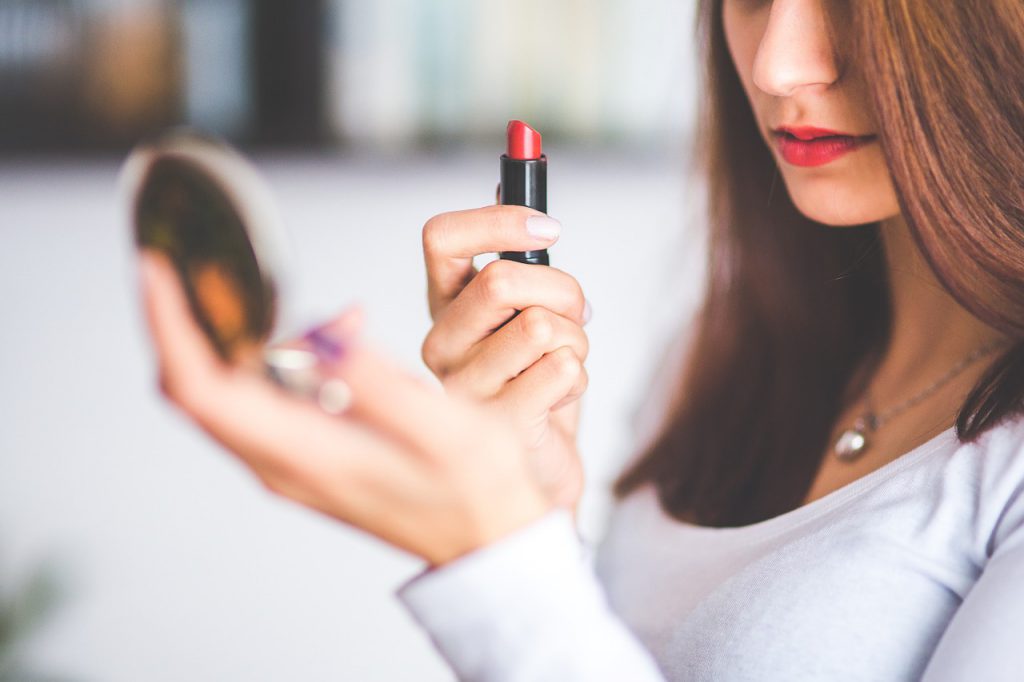There are probably plenty of things you miss about being a teenager — like having your mom do your laundry, or those three months of summer vacation. Acne, however, probably isn’t a part of your fondest memories. Unfortunately, it often trails us long into our adult years: despite the common misconception that acne only affects teenagers, 25% of adult men and 50% of adult women report battling breakouts. And even if you’re 35 and have never had a blemish in your life, here’s the bad news — you’re not immune to breakouts. But luckily, there’s plenty you can do to avoid them.
So without further ado, let’s run through some of the most common causes of adult acne along with the steps you can take to minimize the risk of future flare-ups.
Hormonal Fluctuation
For women in particular, the most common cause of adult acne is hormonal fluctuation. As the American Academy of Dermatology points out, these fluctuations could be caused by a number of things — menstruation, pregnancy, menopause, going on or off of birth control, and so on.
Luckily, there are a variety of ways to battle these hormonal blemishes. Since these breakouts are caused by hormonal fluctuations, topical solutions probably won’t cut it. Instead, androgen blockers like spironolactone and anti-inflammatories like doxycycline can help clear up your complexion.
Side Effects of Stress
According to a recent study, adult women suffering from acne are on average significantly more stressed than those with clear skin. Because our bodies produce more androgens as a result of stress, high levels of stress can actually trigger a hormonal flare up as well — in both men and women.
Picking the Right Products
A major cause of your blemishes may be the makeup you’re using to cover them — or ironically, the sunscreen you’re applying to prevent further damage to your skin. While it’s important to wear sunscreen (and let’s face it — there’s no chance you’re throwing away your wrinkle serum), the wrong products can clog your pores and cause serious breakouts.
The solution? Be sure you’re using non-comedogenic products whenever possible. Since comedonal acne (e.g. blackheads and whiteheads) is caused by the blockage of pores, non-comedogenic products should reduce your risk of these breakouts.
Monitor Your Medication
Acne can also be a side effect of taking some medications, or a sign of an underlying medical condition. Acne is also genetic, so if your family members are prone to adult breakouts, chances are you will be, too. Be sure to speak with your dermatologist about your medications and family history so that you receive the most effective treatment.

